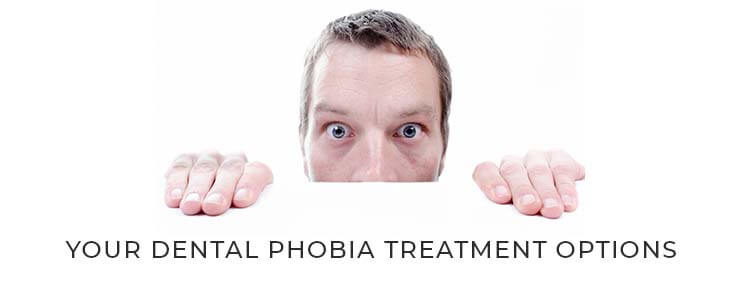Dental phobia: almost half of all Brits fear going to the dentist
Dental anxiety is one of the most common phobias we share and almost half of all British people say they fear going to the dentist, triggered by the thought of needles, drills or even just the general dental setting and a routine check-up. Worryingly, this results in almost 12% experiencing such acute anxiety that they will avoid visiting a dentist for as long as possible – often until it becomes an emergency.
Dental anxiety typically results in poor oral health, whether through missed dental appointments and not taking care of your teeth properly at home. Combined with smoking or high sugar consumption, this can result in gum disease and cavities that can have a profound impact on a person’s life. Self-confidence in social settings can be affected and simple actions such as eating and chewing can become challenging.
The profound impact of dental phobia
Dental phobia is no joke as it can have serious consequences. There is a growing body of evidence linking gum disease to other health concerns that affect the body as a whole. Gum disease can increase your risk of developing serious health conditions such as diabetes, heart disease, stroke and dementia as well as causing problems in pregnancy.
In terms of dental treatment, skipping regular check-ups and putting off going to the dentist in the short term, often results in the patient requiring the complex and often lengthy procedures, such as tooth extraction, root canal or crowns, that was their main fear all along.
Your dental phobia treatment options
The good news is that there are steps you can take to tackle your dental phobia. Here are some of the dental phobia treatment options you could explore:
- Therapy to address dental anxiety: one option to overcoming this or any phobia is cognitive behavioural therapy, known as CBT. One recent study carried out by researchers at King’s College London found that four-fifths of dental-phobic patients who attended the CBT service at King’s Dental Institute were able to have dental treatment without sedation
- Dental treatment under sedation: also known as conscious sedation, this entails using gas and air or sedative drugs to relax the patients while they undergo treatment
- General anaesthetic dentistry: for very severe cases of dental anxiety, performing the procedure under general anaesthetic might be the most appropriate option, particularly if the planned procedure is very lengthy and likely to be uncomfortable for the patient. This is offered by very few dental practices because it has to be performed in a hospital setting, but our dental practice in Bristol is situated in the local Nuffield hospital and we are able to offer this option to our patients.
At CK Dental, our caring and compassionate team of dental practitioners aim to make the whole experience as calm and relaxed as possible, as well as offering a range of options for tackling dental phobia. For more information on how you can overcome dental anxiety and remain smiling, call CK Dental on 0117 905 9866 and arrange a consultation with our lead dentist Cornelius Krause.











